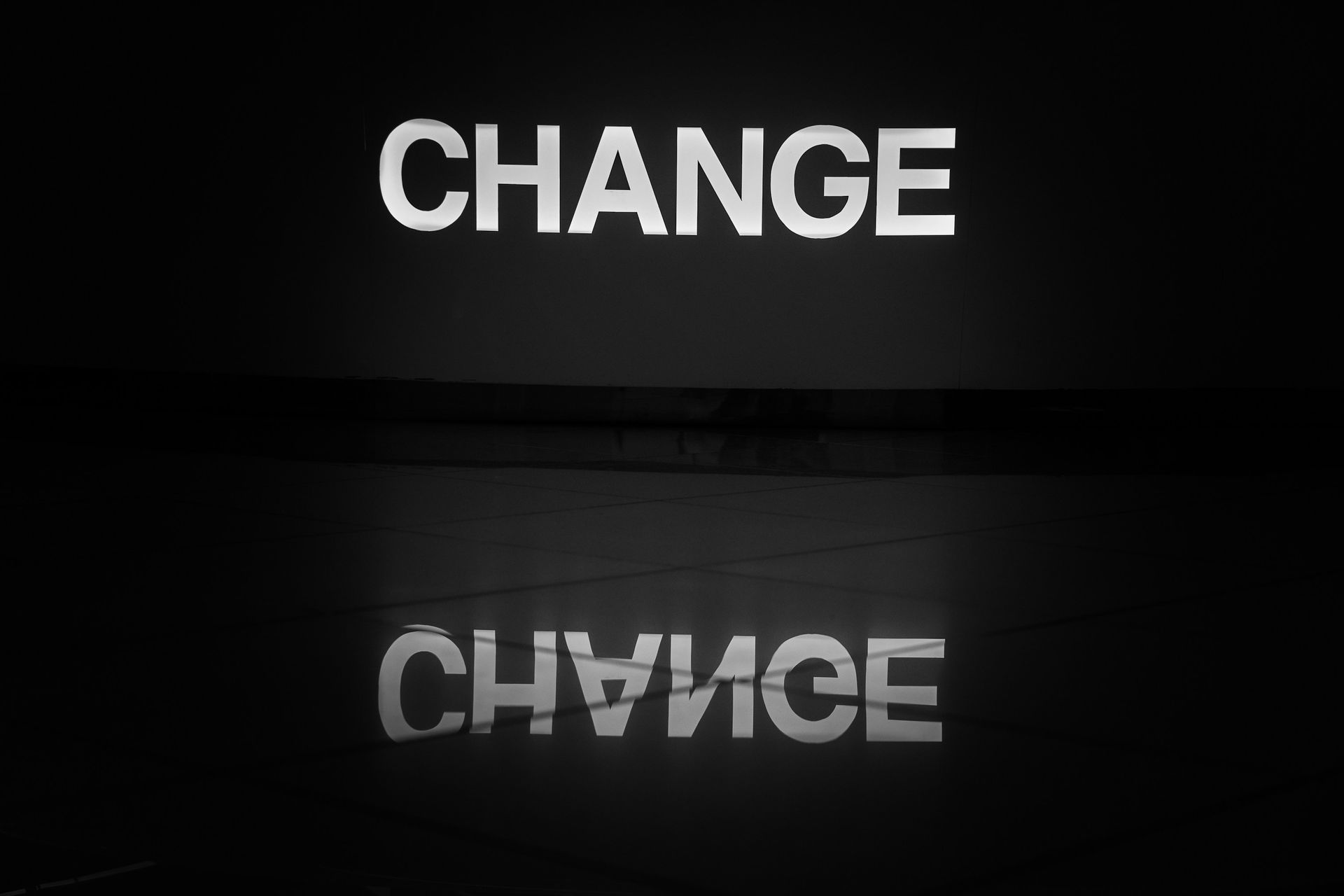The Ripple Effect: How Upcoming Minimum Wage Rises Will Impact You
How the Upcoming Minimum Wage Rise Will Impact Overall Salary Levels
The Ripple Effect
In April 2024 the minimum wage will be increasing to £11.44 an hour - if you work a 40-hour week, that's £23,700.
In a move aimed at addressing income inequality and improving the standard of living for low-wage workers, the United Kingdom recently implemented a minimum wage rise. The implications of this decision are far-reaching, with a noticeable impact on overall salary levels across various industries.
Direct Impact on Low-Wage Workers:
The primary objective of increasing the minimum wage is to uplift the living standards of those at the lower end of the income spectrum. Workers in sectors such as hospitality, retail, and services are now receiving a more substantial income, providing them with a better financial footing.
Narrowing Wage Gap:
By elevating the minimum wage, the government is taking a step toward narrowing the wage gap. As the bottom tier of salaries rises, there is a domino effect, influencing pay scales across the board. This move is crucial for fostering a more equitable distribution of income and reducing socioeconomic disparities.
Challenges for Small Businesses:
While the intentions behind the minimum wage increase are commendable, some small businesses may face challenges in adjusting to higher labour costs. It is essential to monitor how these businesses adapt to the changes and whether they can absorb the increased wages without compromising their sustainability.
Increased Consumer Spending:
With low-wage workers experiencing an increase in their disposable income, there is a potential boost in consumer spending. This uptick in spending could have positive implications for various sectors of the economy, creating a cycle of economic stimulation.
Negotiations and Adjustments in Higher Pay Bands:
As the minimum wage rises, employees in higher pay bands may seek salary adjustments to maintain the wage hierarchy within organisations. Employers may need to engage in negotiations and review their compensation structures to ensure fairness and retention of talent.
Sector-Specific Variances:
Different industries may experience varied impacts based on their reliance on low-wage labour. Sectors with a significant proportion of minimum wage workers will likely see more immediate and pronounced effects compared to industries with higher average salaries.
The minimum wage rise has set off a series of changes in the countries salary landscape. While the intended benefits are clear in terms of improving the livelihoods of low-wage workers and narrowing the wage gap, there are challenges that businesses and industries must navigate. It is crucial for stakeholders to monitor the ongoing effects, adapting policies and practices to foster a balanced and sustainable employment landscape for workers across all income levels.



